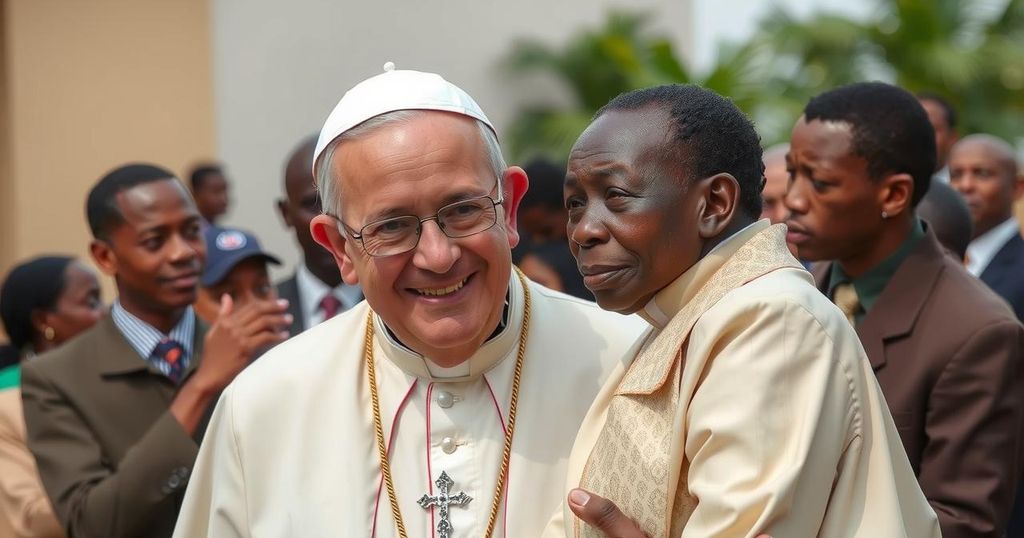Politics
AFRICA, BEMBA, CONGO (KINSHASA), CORRUPTION, DEMOCRACY, DEMOCRATIC REPUBLIC OF CONGO, DISCRIMINATION, DONATIEN NSHOLE, DR CONGO, EPISCOPAL CONFERENCE, FÉLIX - ANTOINE TSHISEKEDI, FELIX - ANTOINE TSHISEKEDI, HUMAN RIGHTS, KINSHASA, MOUVEMENT DE LIBERATION DE CONGO, PIERRE BEMBA, SECRETARIAT, SEE
Jamal Walker
0 Comments
DR Congo Bishops Respond to Government Accusations Amid Political Tensions
The Bishops’ Conference of the Democratic Republic of Congo has defended itself against accusations of mismanagement and incitement made by Deputy Prime Minister Jean-Pierre Bemba, highlighting its commitment to cooperation with the government on social projects and requesting evidence for the claims. This tension coincides with debates regarding constitutional amendments affecting the presidency.
The Catholic Bishops’ Conference of the Democratic Republic of Congo has formally responded to accusations made by Deputy Prime Minister Jean-Pierre Bemba during a recent radio interview. Bemba stated that certain political leaders utilize hateful rhetoric against the government and implied mismanagement of funds allocated to dioceses for charitable work. In their statement, the bishops emphasized their commitment to collaboration with the government on social projects, and they demanded evidence for the claims made against them. Furthermore, they noted that the financial support provided to the dioceses has been minimal since an agreement with the government was established. This incident unfolds amid political tensions surrounding proposed constitutional revisions that could allow the current President Félix-Antoine Tshisekedi to extend his term in office, an issue that has elicited opposition from various church leaders.
The context of this controversy lies within the ongoing political climate of the Democratic Republic of Congo, where issues of governance, church-state relations, and constitutional reforms are increasingly contentious. The Deputy Prime Minister’s remarks reflect a broader concern among politicians regarding criticisms directed at the government. Meanwhile, the Catholic Church has historically played a significant role in social development in the country, operating in various charitable and developmental capacities.
In summary, the Bishops’ Conference has rebutted claims of negativity and mismanagement that were suggested by Deputy Prime Minister Bemba, asserting the integrity of their operations and their commitment to collaboration with the government. This exchange highlights the complex dynamics between political authorities and religious institutions in the Democratic Republic of Congo, particularly in light of proposed constitutional changes that may impact the future of governance.
Original Source: www.fides.org




Post Comment